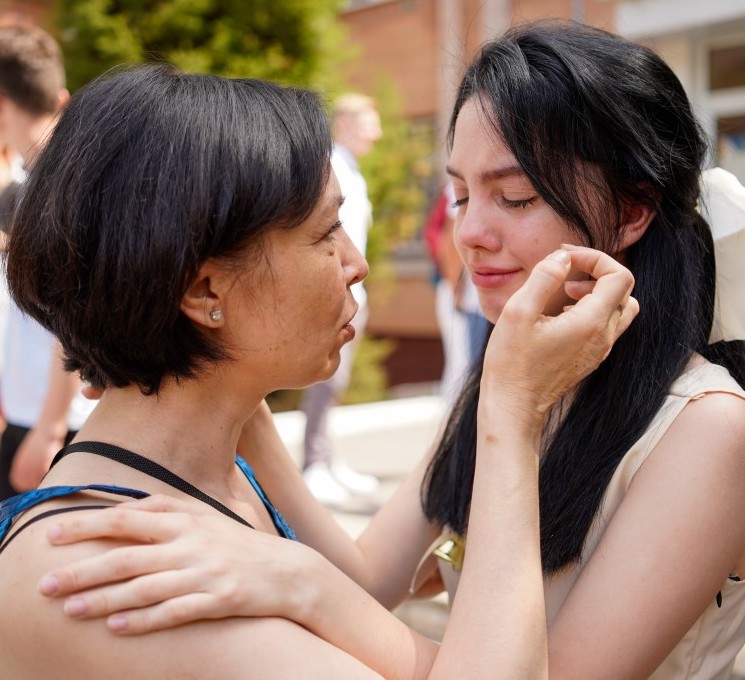Divorce and Children: Guidelines for Parents
 Divorce affects more than a million children in the United States each year. When parents divorce, it can be hard for children to get used to a new way of life. But parents can do many things to protect their children from the emotional harm divorce often brings.
Divorce affects more than a million children in the United States each year. When parents divorce, it can be hard for children to get used to a new way of life. But parents can do many things to protect their children from the emotional harm divorce often brings.
Coping With the Divorce
During the divorce process, children may need more time and attention from each parent.
- Communication with your ex-spouse is important for the sake of your children. Try not to let anger or legal battles make you overlook your children’s needs. Both parents need to be willing to compromise.
- Work with legal counsel to agree on custody and visitation plans. It is best when both parents are actively involved in the financial, emotional and educational decisions for their children. Respect the relationship between your children and the other parent. Let them spend time with their other parent without making them feel guilty or disloyal.
How Children React
There is no “right” way for children to feel when their parents are going through a divorce. Here are some ways children may react:
Children under 3 years
- Sadness
- Fearful of others, “clingy” behavior
- Temper tantrums
- Problems with sleeping, eating and toilet training.
School-aged children
- Moodiness (sadness, anger)
- Temper tantrums or fighting
- Lower school performance
- Worry about loyalty to both parents
- Strong wish for parents to get back together.
Adolescents
- Depression, withdrawal, anger
- Aggression
- Engaging in risky behaviors (involved in sex or drugs)
- Worries about finances
- Trouble focusing in school.
What You Can Do
- Assure your children that both parents love them. Keeping a strong, positive relationship with both parents helps children cope with a divorce.
- Do not argue in front of your children. Try to avoid custody or visitation disputes.
- Make sure your children understand they did not cause the divorce, and the divorce is final. Some children hold onto the hope they can get their parents back together.
- Reassure your child that the other parent will visit, if that is the case. Children need ongoing contact with both parents. If the other parent is not involved, find substitutes such as relatives or volunteers from social service agencies.
- Keep daily routines simple. Continue as many of their regular activities as you can.
- Many parents feel guilty if the divorce has upset their child. They find it hard to keep discipline. Your children may be angry or misbehave, but they still need to have limits set. Keep consistent, healthy discipline in both homes.
- Help your children talk about their anger and sadness.
Excerpted from “Divorce and Children: Guidelines for Parents” from Nationwide Children’s Hospital. Read the full article online.







